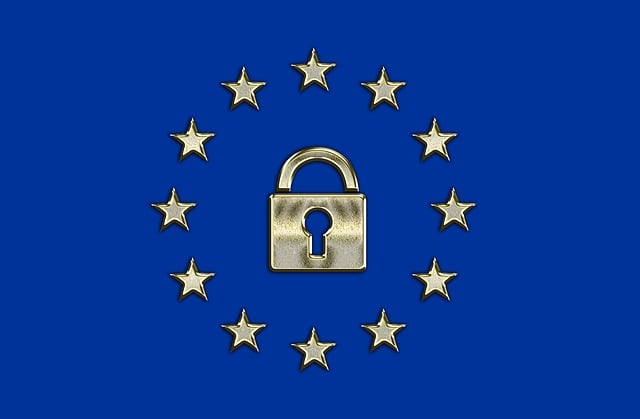RF Regulatory Agency investigations are crucial for tackling complex Regulatory Challenges in Securities Fraud Cases. These agencies, such as the SEC, conduct thorough examinations of financial records, trading patterns, and corporate governance to uncover irregularities or unethical behavior. By employing advanced investigative techniques, they aim to resolve these cases, potentially leading to penalties, settlements, or charge dismissals. Navigating these investigations requires strategic proactive measures, including robust internal controls, employee training, thorough documentation, and clear communication with regulators, to mitigate risks and demonstrate ethical compliance, ultimately avoiding legal issues and showcasing a commitment to integrity.
“In the intricate landscape of financial markets, regulatory agencies play a vital role in ensuring fairness and transparency. This article explores the crucial aspect of RF (Radio Frequency) Regulatory Agency Investigations, with a specific focus on their impact on securities fraud cases. Understanding these investigations is essential for navigating complex legal challenges. We delve into the unique difficulties faced by regulators when combating securities fraud, offering insights into strategic approaches to mitigate risks. By examining these regulatory hurdles, businesses and professionals can enhance compliance efforts.”
- Understanding RF Regulatory Agency Investigations
- Challenges Faced in Securities Fraud Cases
- Strategies to Navigate and Mitigate Risks
Understanding RF Regulatory Agency Investigations

RF Regulatory Agency Investigations play a pivotal role in addressing regulatory challenges in Securities Fraud Cases. These inquiries are meticulously designed to unearth potential violations and ensure fair market practices. Agencies like the SEC (Securities and Exchange Commission) or equivalent bodies worldwide, conduct thorough examinations, analyzing financial records, trading patterns, and corporate governance structures.
The process involves a comprehensive review of the respective business operations, delving into complex financial networks across the country to identify any discrepancies or unethical behavior. By employing robust investigative techniques, these agencies aim to discern truth from deception, ultimately pursuing legal actions that may result in penalties, settlements, or even a complete dismissal of all charges against culpable entities.
Challenges Faced in Securities Fraud Cases

Investigations into securities fraud present unique Regulatory Challenges in Securities Fraud Cases. These cases often involve complex financial transactions and intricate corporate structures, making it difficult for regulatory agencies to navigate and gather definitive evidence. The global nature of many financial markets adds another layer of complexity, as regulators must coordinate with international counterparts to track down perpetrators and recover losses.
Moreover, white-collar defense strategies employed by accused companies and individuals can be highly sophisticated, aiming to challenge the admissibility of evidence and questioning the integrity of investigative methods. This requires regulatory agencies to possess robust legal frameworks and well-trained personnel capable of handling such intricate cases. Achieving a complete dismissal of all charges is rare, but effective Regulatory Challenges in Securities Fraud Cases can lead to significant reductions in penalties and reputational damage for corporate and individual clients.
Strategies to Navigate and Mitigate Risks

Navigating RF Regulatory Agency investigations requires a strategic approach to mitigate risks and protect against potential penalties. One key strategy is proactive compliance, where companies implement robust internal controls and policies to ensure adherence to regulatory requirements. This includes regular training for employees, thorough documentation of processes, and establishing clear lines of communication with regulatory bodies. By fostering an ethical culture that prioritizes compliance, organizations can significantly reduce the risk of non-compliance and related legal issues.
Moreover, effective risk management involves anticipating potential Regulatory Challenges in Securities Fraud Cases. For his clients, this may mean conducting thorough due diligence during mergers and acquisitions to identify red flags, implementing enhanced auditing processes, and staying informed about evolving regulations. By taking these proactive measures, companies can avoid indictment and demonstrate their commitment to upholding the highest standards of integrity. Achieving extraordinary results in regulatory matters often hinges on these strategic initiatives, ensuring businesses remain compliant and competitive in an ever-changing landscape.
RF Regulatory Agency investigations into securities fraud pose unique challenges, particularly navigating complex financial instruments and global markets. Understanding these regulatory dynamics is crucial for businesses and professionals to mitigate risks effectively. By adopting proactive strategies, such as robust internal controls, transparent communication, and staying abreast of evolving regulations, organizations can better prepare for and respond to potential RF Regulatory Agency inquiries. Addressing these regulatory challenges head-on is essential to fostering integrity within the financial sector.






